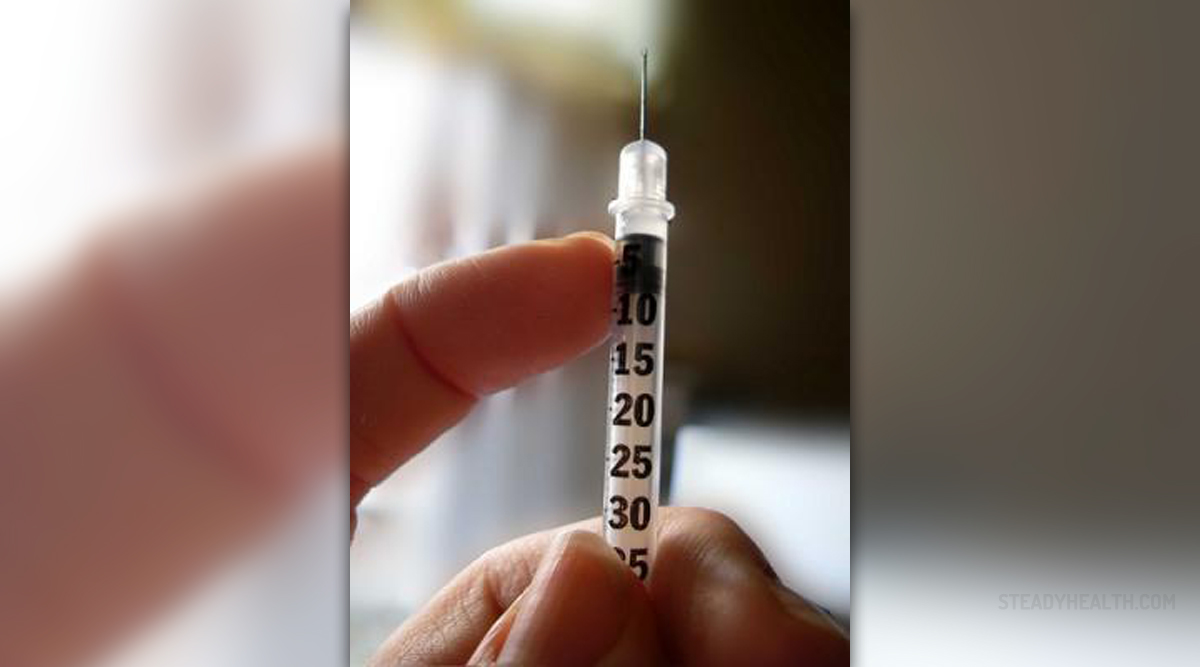
Vaccines give children immunity from several most common diseases in their age and that is why babies get regularly set of vaccines. Although new born babies have some degree of immunity which they got from their mothers, this kind of natural protection lasts only a year. That is why vaccines are given to infant babies routinely, and most common may be against diphtheria, mumps, tetanus, hepatitis B, polio, whopping cough or pertussis, rubella (German measles), red measles, and Haemophilus influenza type b.
How Immunization for Babies Works
Vaccines helps baby’s immune system to builds up a specific type of resistance to specific diseases, by putting a very small amount of dead, weakened or purified bacteria or viruses into the vaccine, and after taking it, baby’s immune system produces anti bodies that will attack those particular diseases, it they appear in the future. Baby’s body stores information about what kind of illness requires what type of anti bodies, and if some of those infection occurs naturally, children’s body is prepare for it.
Risks and Side Effects of Baby’s Immunization
Baby vaccines that are used in Western countries are considered to be safe, and any potential side effect this vaccines may carry, is not worth a risk of getting sick. Some of most common side effects are usually mild and it last only for several hours after the vaccination or for a day, at longest.
Redness, swelling or tenderness on the skin may appear in babies on the spot that vaccine shot was given, and in some cases mild fever may appear. Even rarer are cases of a severe allergic reaction on the vaccine, but it only happens in one in a million cases. In case you worry about your baby’s health you can consult your doctor.
Here is some of possible side effect, depending of a type of the vaccines.
MMR can have fever, symptoms of cold or swollen salivary glands up to three days after babies have their MMR vaccine. In some rare cases babies may develop the rash or lose their appetite temporarily.
DTaP/Hib/IPV vaccines mixture may cause swelling, mild fever or redness on area on the vaccination for up to 3 days.
MenC vaccine commonly cause redness and swelling around the site of injection shot. Also sleep disturbances and mild fever in the next couple of days may follow.
PCV vaccine may produce inflammation or redness in the injection area in one of every seven babies. Also mildly raised body temperature, digestive disturbance or irritability may occur.


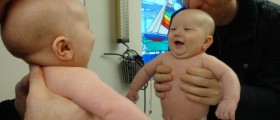
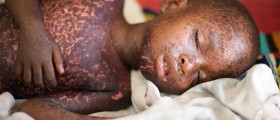
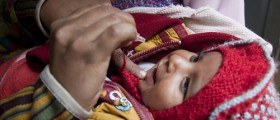
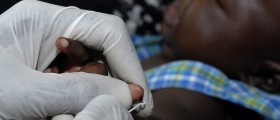
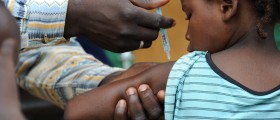



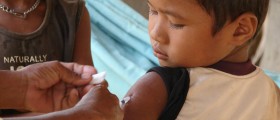


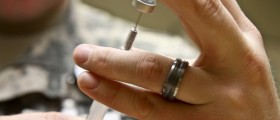
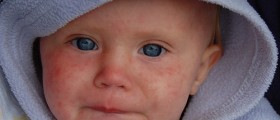
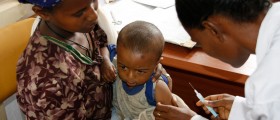

Your thoughts on this
Loading...